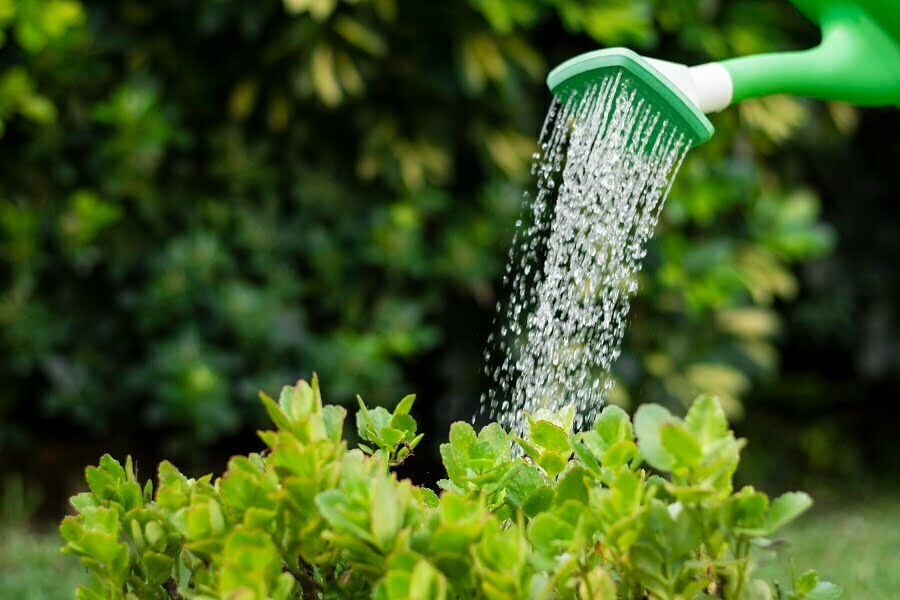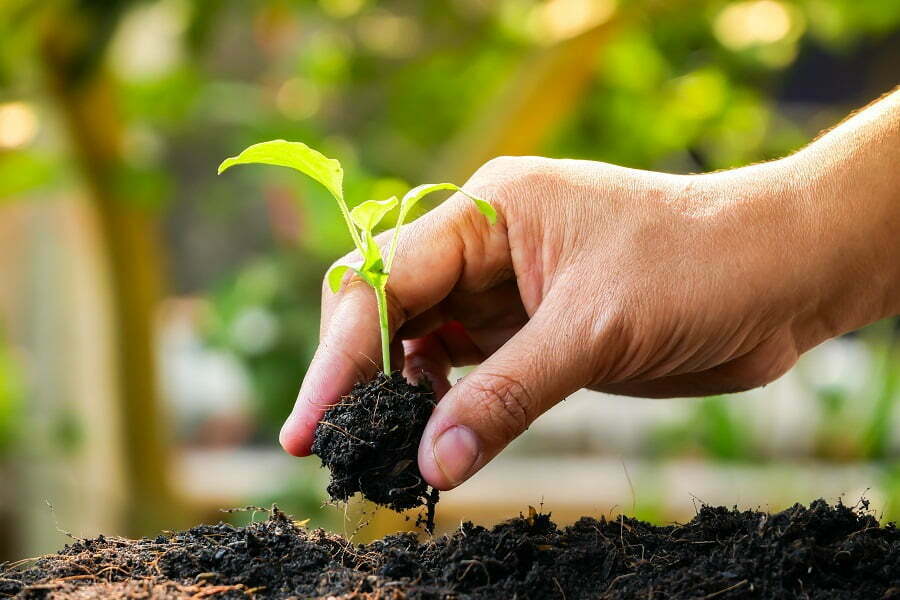Last updated on
Outdoor plants are a beautiful addition to any backyard, but they can be really hard to maintain. You must know the basics of gardening so that you don’t allow your plants to suffer from too much or too little water, or fertilizer, but it’s also important not to overdo it with these elements either.
So here are some things you should know about taking care of your outdoor plants!
The Right Watering

Watering your outdoor plants can be extremely tricky. If you water them too much, the soil is going to become saturated with too much water and this will eventually drown the plant. On the other hand, if you don’t water your outdoor plants enough, they are at risk of drying out too much.
Over time, both situations are equally bad for the plant and you need to find the balance, where finding a relatable hose for your garden also affects the process. This piece of equipment is your best ally, as there are so many different designs and uses, you need to find the right one for your needs.
Another thing to consider when watering your outdoor plants is the time of day. Watering them in the morning will let any excess water evaporate before nightfall and this will help prevent fungi from growing overnight. On the other hand, you shouldn’t water them at night because the plant needs to be able to breathe.
The Importance of Soil

Once you’ve found a good balance between these two extremes, it’s important to make sure that the soil isn’t too wet or too dry. If the soil is too wet, this will create an environment where harmful bacteria and fungi can grow more easily.
The plant itself might also be at risk of developing infections. However, if the soil is too dry, the plant is at risk of developing cracks in its bark which can permanently damage it.
Fertilizing Your Outdoor Plants
Just like watering, fertilizing your outdoor plants can also be seen as too much of a good thing. A healthy dose of fertilizer is beneficial for any plant but giving them too much of it will make the leaves turn yellow and eventually fall off, and this is the worst scenario.
So how do you find a balance? First of all, it’s important to remember that certain plants need fertilizer more than others – for example, citrus trees and fruit-bearing plants will definitely love fertilizing but succulents and cacti don’t require any additional nutrients because they store moisture in their leaves.
Both nitrogen and phosphorus come from fertilizers so when you’re looking at your options, consider these two elements separately to ensure that the plant isn’t getting too much or not enough. You can even get specialized fertilizers that are specifically tailored to different types of plants or uses – veg food works better for vegetables while general garden fertilizer works better for flowers, fruits, and shrubs.
The Weeding
Weeding is also something that has to be done regularly. It’s important to weed your outdoor plants frequently because they are at risk of getting too much sunlight, which will make the weeds grow faster than your plant but if you wait for this natural balance to occur, it might be too late by the time you act.
Weed as early as you can to prevent a weed from growing larger than your plant. If this happens, the weed might block the sunlight and nutrients that are necessary for your outdoor plants’ development. So, make sure that now and then, you do a little weeding, with a major one reserved at the beginning of the seasons.
Pruning Your Outdoor Plants
If you’ve ever done any gardening in general, pruning is also something else that has to be done regularly. Sometimes, it’s required because the plant was already grown too much but most of the time, it helps maintain healthy branches and leaves or blooms. Usually, when cutting off dead trees or roots is required, high-quality pruning saws will do the trick just fine!
Pruning your outdoor plants will not only help maintain their health but also create a more beautiful landscape. This process can be done once a year, though some say that pruning every three years is sufficient to keep the plant healthy.
Gardening is both a science and an art that requires you to understand how your plant’s needs are different from another. For instance, while some plants need fertilizer more than others, the type of fertilizer should be considered separately because it will have different effects on each plant or use.
You also need to pay attention to whether the soil is too wet or dry so as not to create bacteria-friendly environments for fungi growth. And finally, proper watering habits are important for your plant not only to survive but thrive!
Recap:



